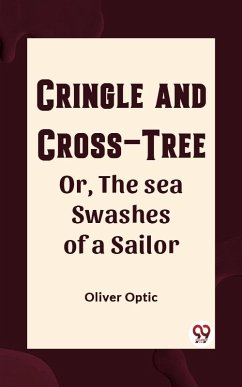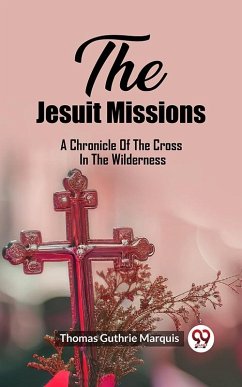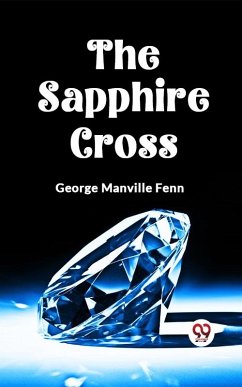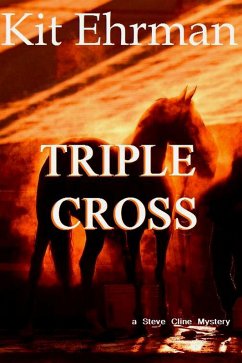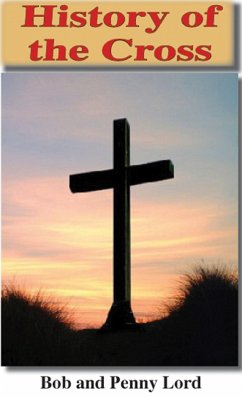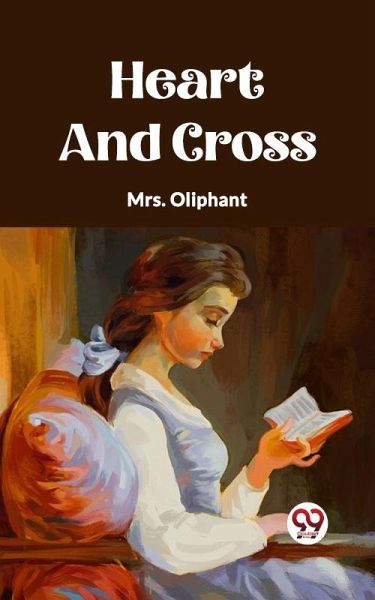
Heart and Cross (eBook, ePUB)
Versandkostenfrei!
Sofort per Download lieferbar
0,49 €
inkl. MwSt.
Weitere Ausgaben:

PAYBACK Punkte
0 °P sammeln!
"e;Heart and Cross"e; by Mrs. Oliphant is a captivating Victorian novel that intertwines romance, family drama, and societal commentary, presenting readers with a compelling portrayal of relationships and moral dilemmas. Set against the backdrop of Scottish s
Dieser Download kann aus rechtlichen Gründen nur mit Rechnungsadresse in A, B, BG, CY, CZ, D, DK, EW, E, FIN, F, GR, HR, H, IRL, I, LT, L, LR, M, NL, PL, P, R, S, SLO, SK ausgeliefert werden.




